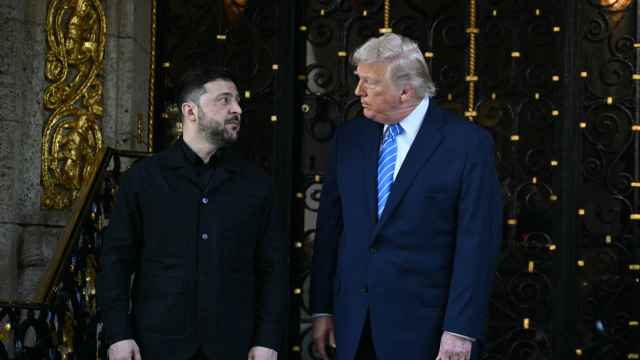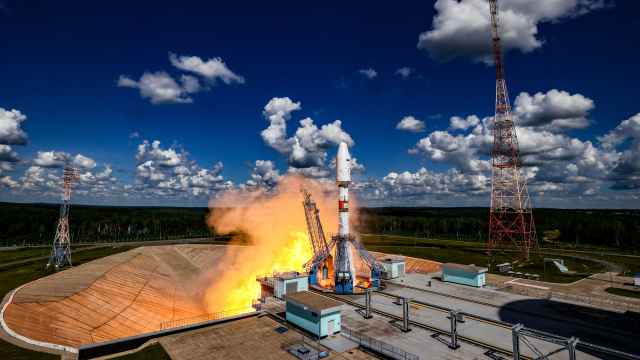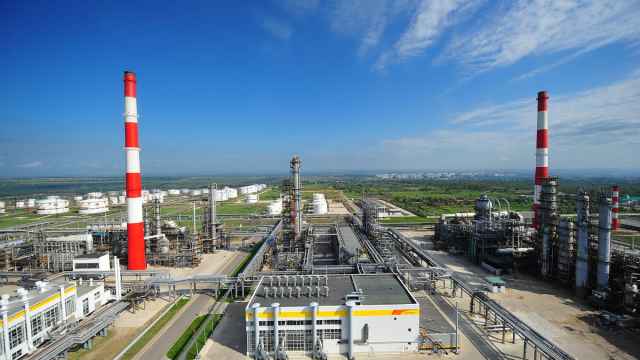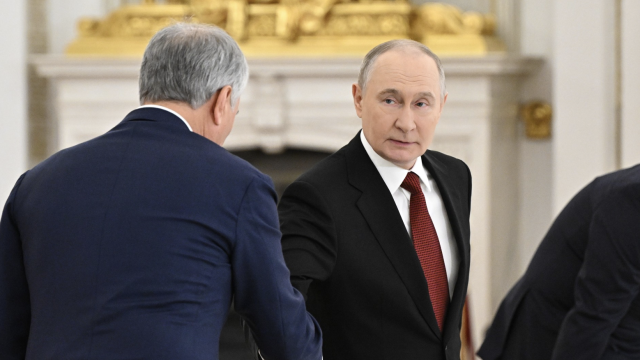Russia will restrict the access of foreign investors to its resources for at least the next 20 years, according to International Energy Agency forecasts.
"We assume that the structure of the oil and gas industry remains dominated by Russian state and private companies," the Paris-based IEA said Wednesday in its World Energy Outlook. "Despite intermittent signs from the government of a desire to open the Russian oil and gas industry to foreign investment, history suggests this is likely to be a slow process."
Under Vladimir Putin's eight-year presidency from 2000, Russia's government increased state ownership in so-called strategic industries. The nation passed a law in 2008 limiting foreign-company holdings in its biggest deposits of oil, gas, gold and other minerals, meaning that investment in fields of a certain size requires special approval from a state commission.
Western companies such as ExxonMobil and Total will be limited to Arctic or deepwater shelf projects, the IEA said, adding that Chinese and Indian producers may secure ventures in eastern Siberia. Russia will need to invest an average of almost $58 billion a year in its oil and gas industry to 2035 to stem output declines and start new fields, it said.
With this investment, oil production will plateau for the next five years at 10.5 million barrels per day and drop to about 9.7 million a day in 2035, the IEA said. Exports will also fall, declining to 6.4 million bpd from 7.5 million in 2010.
In the gas industry, output will climb to 860 billion cubic meters in 2035 from 637 billion last year, and exports will rise "substantially" to about 330 bcm in 2035 from 190 bcm in 2010, the IEA said.
Russia will shift energy shipments to Asia from Western Europe, with China's contribution to export revenue expanding to 20 percent from 2 percent, according to the agency. "This incipient shift in favor of fast-growing Asian markets is expected to gain momentum" through 2035, it said.
Gas supplies from Russia to China via pipeline are expected to start in 2020 and will be 75 bcm in 2035, while supplies from Russia and Central Asia to Europe will rise to 235 bcm in 2035 from 200 bcm in 2010, it said.
Russia's share of gas imports to the European Union will decline to 32 percent in 2035 from 34 percent in 2010. Russian gas will account for 35 percent of China's imports of the fuel, up from 10 percent in 2020, the World Energy Outlook shows.
A Message from The Moscow Times:
Dear readers,
We are facing unprecedented challenges. Russia's Prosecutor General's Office has designated The Moscow Times as an "undesirable" organization, criminalizing our work and putting our staff at risk of prosecution. This follows our earlier unjust labeling as a "foreign agent."
These actions are direct attempts to silence independent journalism in Russia. The authorities claim our work "discredits the decisions of the Russian leadership." We see things differently: we strive to provide accurate, unbiased reporting on Russia.
We, the journalists of The Moscow Times, refuse to be silenced. But to continue our work, we need your help.
Your support, no matter how small, makes a world of difference. If you can, please support us monthly starting from just $2. It's quick to set up, and every contribution makes a significant impact.
By supporting The Moscow Times, you're defending open, independent journalism in the face of repression. Thank you for standing with us.
Remind me later.





